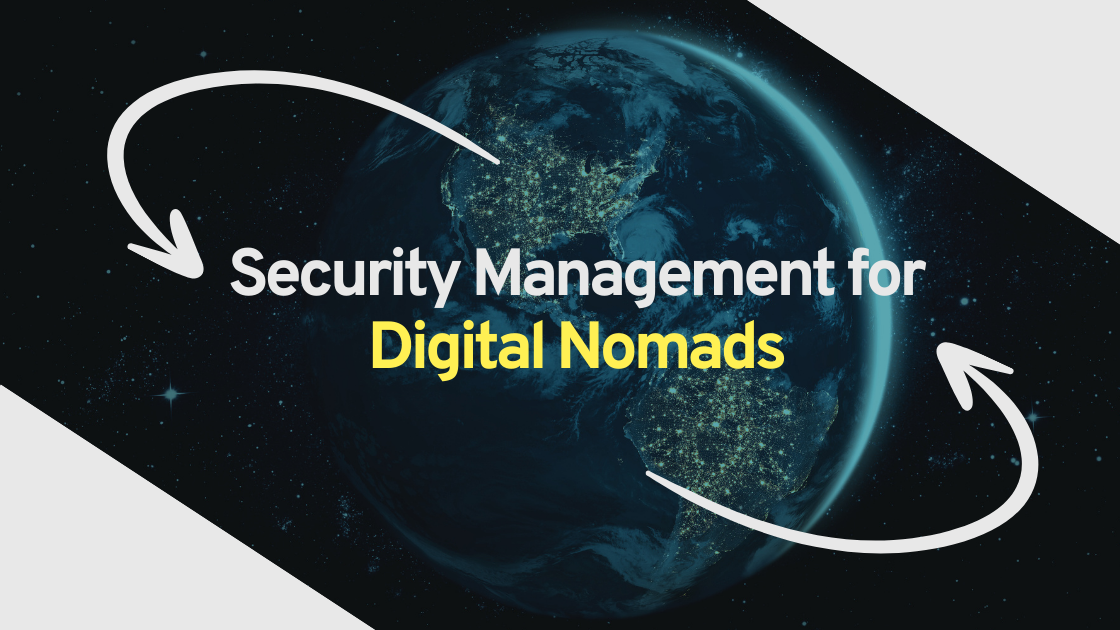University Challenge: Managing Risks In Higher Education During Pandemic
Many sectors have been hit hard by the impacts of Covid-19 and higher education is no exception. For students and staff alike, the transition to remote learning and suspension of international travel has presented major challenges. As the new academic year resumes in the UK, we speak to some industry experts about their experiences of the past 18 months, and how they are preparing for the year ahead.
David Simpkin (DS) is Head of Health and Biological Safety at Liverpool School of Tropical Medicine.
Martin Watson (MW) is the Insurance and Risk Manager at Leeds Beckett University, where he has worked for the past 30 years. Martin is Chair of the Northern Universities Insurance Group of 43 UK HE Institutions.
RiskPal: What have been the biggest changes in your risk management practices since the pandemic began?
DS: Our risk assessments now have to include the risk of socially transmitted diseases within the higher education work place and the potential impact on business continuity. As the Covid-19 pandemic progressed, the necessary mitigations regularly changed to accommodate the change in infection rates/transmissibility of the virus and how this may occur within different campus locations. The necessity for risk assessment of home working environments also came to the forefront. The communication to these staff and students to ensure adequate risk assessment was key. Retraining of supervisors and managers in their responsibilities and the basics of risk assessment was also needed!
MW: We have halted all outbound international travel for the foreseeable future. As our travel insurance policy will not cover cancellation, curtailment or being stranded in amber* or red list countries, the risk of staff or students not being able to return due to a positive test is not only financial to the university, but also entails serious consequences for study, work and an individual’s personal circumstances. When we allow international travel again, there will be an assessment of how essential the trip is and the risks of testing positive in their destination country. The pandemic showed some of the challenges of trying to repatriate students who may not wish to return home, have their studies interrupted or wish to return, but be stranded due to flight cancellations.
* Interview conducted prior to UK government announcement on the planned rescinding of “amber” country status, scheduled for 4th October 2021.
RiskPal: Have you seen increased acceptance and engagement in risk assessment among staff and senior management during this time?
DS: Generally yes, especially among staff and supervisors. It has varied across different faculties and met some push back from senior managers, which necessitated a review of communication/negotiation to ensure that adequate control measures were in place and being adhered to. We did initially have to adopt an unpopular policing/monitoring role to ensure compliance for the ‘difficult few’.
MW: Staff have accepted that they will not be allowed to travel overseas for the foreseeable future, so at present there is no need for alterations to our risk assessments. We already have a robust travel application and travel management policy to know who is where, when and what activities are undertaken, but we will increase the amount of information we require to include risks associated with Covid-19, such as vaccination records, health risks, destination specifics etc.
RiskPal: How are your preparations for foreign travel for research trips, exchange programmes etc in the year ahead? Do you think the pandemic will alter volumes of travel among students in the longer-term?
DS: All overseas travel still requires justification, review and authorisation for approval. This is very much project dependant for research. Overall levels of travel for research will remain low as academics explore other options. As a post-grad school, I don’t expect the amount of student travel to change longer-term as this is needed for research purposes and is again project dependant.
MW: All placements, field trips and most study abroad trips have been halted for the 21/22 academic year. Even the few study abroad trips to the USA have proved problematic and the usual Australia/NZ programme will not run due to their entry requirements. The only overseas research being conducted is by foreign nationals who have returned home to conduct research there. We are advertising for 2022/2023 placement and study abroad programmes, so hopefully field trips will return. I do not see staff overseas trips ever returning to pre-pandemic levels due to technological advances, acceptance of this as an alternative to in-person attendance; and the university’s wish to reduce carbon emissions from transport and travel costs.
RiskPal: Do you think travel risk management providers have adapted effectively to Covid-19 and the changing travel risk assessment requirements?
DS: Yes, this has been a key part of travel risk during the pandemic and one of the major risks for overseas travel.
MW: Yes, the information per country provided by both our travel risk providers seems good, with daily alerts on Covid levels and country entry requirements. However, we are yet to test this practically.
RiskPal: Where do you feel the biggest uncertainty remains in managing the travel for higher education (not including the wider potential for vaccine resistant variants and further lockdowns!)? Is there more you feel could be done to help the sector?
DS: The impact of Covid-19 will remain a significant risk for a number of years, but will vary by destination and activity. Contingency planning for Covid-19 and other infectious diseases will be needed to support travel decisions. Justification for, or restrictions to travel where not deemed absolutely necessary, may become more common. Will there be the same level of availability in air travel as operators may not return to pre-pandemic levels? With the increased emphasis on carbon footprint, will there be pressure to reduce travel seen as unnecessary? Lessons learned as the travel industry opens up and airports try to manage this will be important.
MW: The biggest challenge has been and will always be students away for long durations, such as study abroad and placements. Students book and pay for their own travel and once they leave the UK, we have little influence over their location and activities. Generally more inexperienced in travel and with a greater tendency for higher social interaction, onward travel and higher risk activities travel management does provide for many challenges when incidents such as illness, assault or loss of personal items occur. We find the face-to-face pre-departure talks by universities are valuable, as is the use of travel assistance application with geo-locating technology and one touch assistance. To bring in-line with staff travel, it would be good if students could book through a university travel provider so we are also aware of their itinerary and any changes.
RiskPal and Higher Education
Many of the higher education institutions we speak to found that their risk assessment procedures were somewhat exposed during the pandemic, often being clunky to update or prone to errors associated with version control.
RiskPal provides access to a centrally configurable library of health, safety and travel security information, allows easy collaboration and approvals, taking the pain out of risk assessment.
So whether it’s planning for the resumption of lectures, managing student and staff travel or hosting a campus event, RiskPal gives you a risk assessment solution that is robust and responsive during the most unpredictable of times.
Contact Us to find out more or to book a demo



